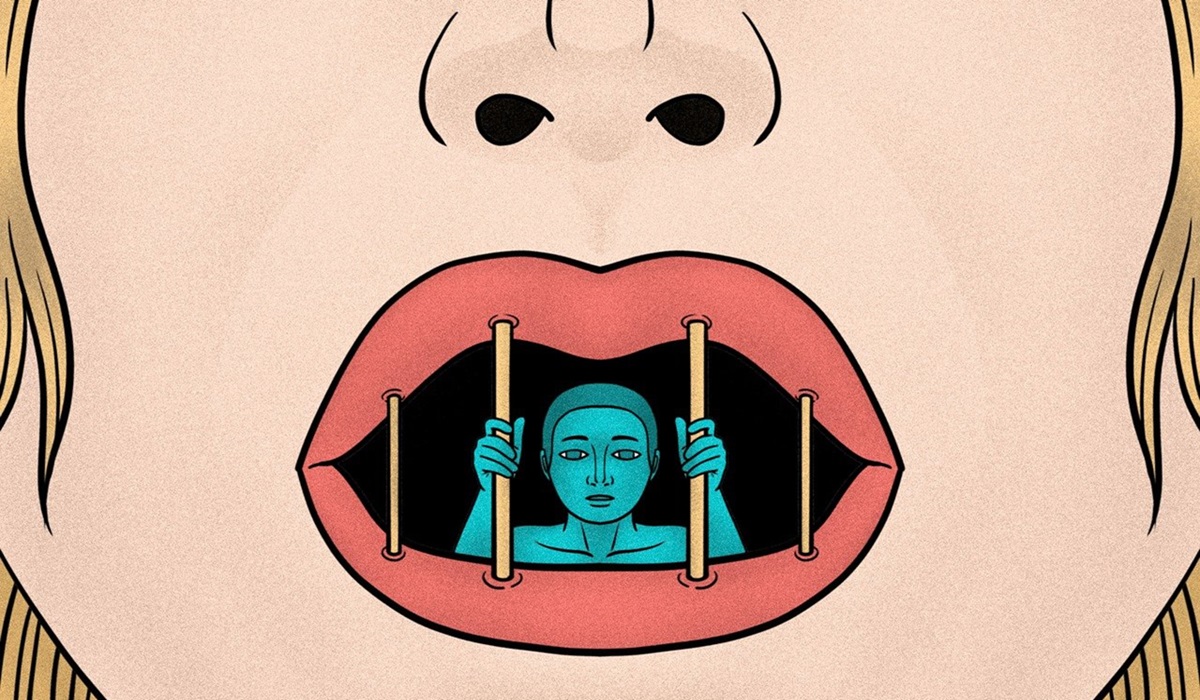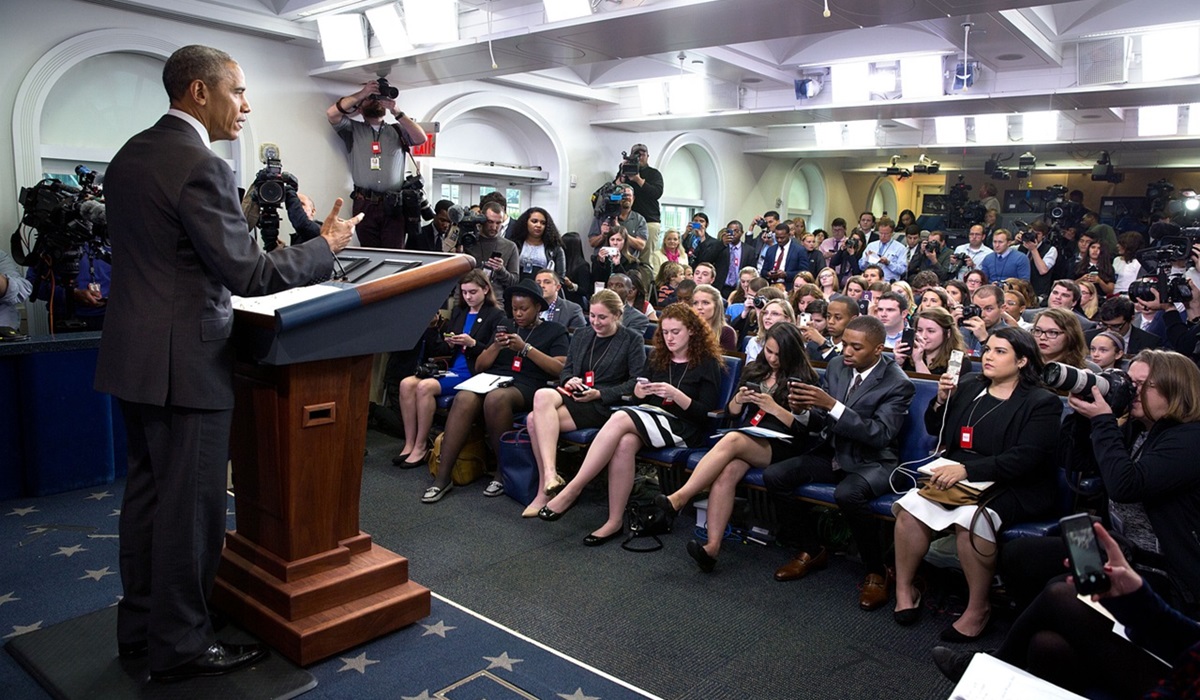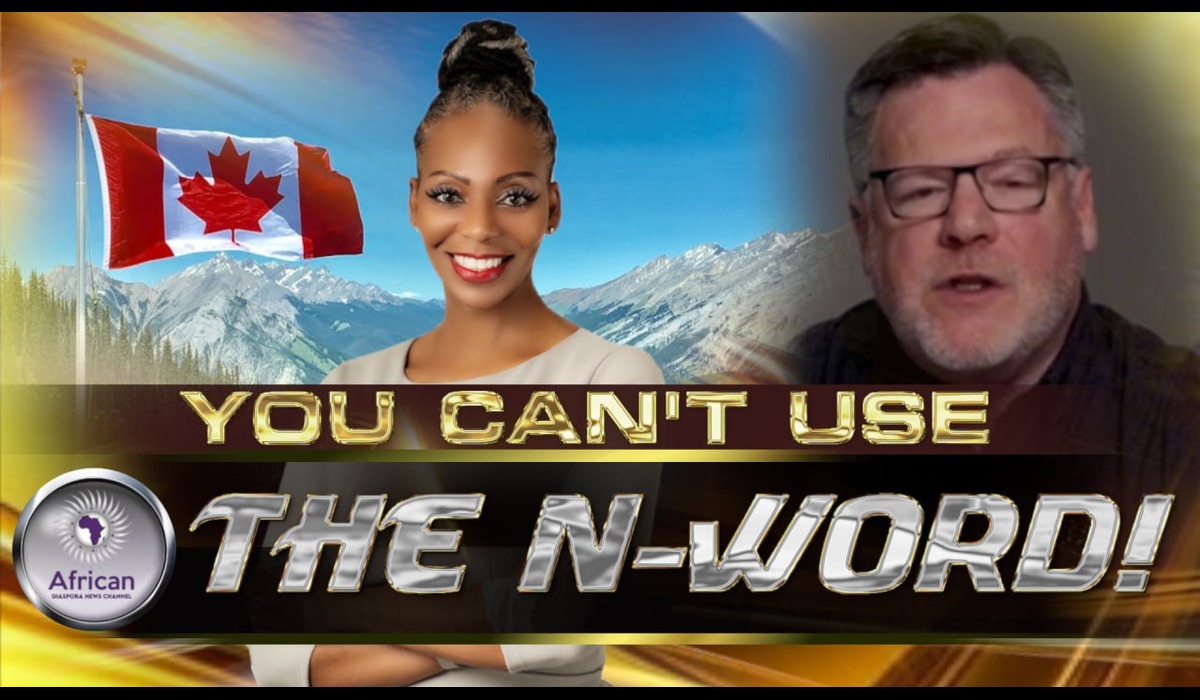The Hypocrisy of Free Speech: Why Some Voices Are Silenced While Others Roar
- Ingrid Jones
- U.S.A
- October 7, 2024

Image Credit, Cdd20
The concept of free speech, long regarded as a cornerstone of American democracy, is increasingly becoming more of an ideal than a reality. Although it remains enshrined in the U.S. Constitution, its practice today feels selective, undermined by contradictions and double standards that limit who can speak openly and who gets silenced.
In today’s climate, groups like the Ku Klux Klan can march through American streets, spouting hateful, racist rhetoric with little interference. Yet, when individuals attempt to engage in meaningful discussions about critical issues—such as the war in Gaza, the conflict in Ukraine, or the atrocities in the Middle East—they often find themselves censored, deplatformed, or banned. Platforms like YouTube and X (formerly Twitter) have shown an increasing tendency to silence voices that challenge dominant narratives, particularly around these sensitive subjects. Conversations about political realities that don’t align with mainstream perspectives are shut down, while hate speech from fringe groups flows freely. This imbalance raises the question: Are we still the open, free society we claim to be?
Elon Musk, who positioned himself as a staunch defender of open dialogue, took over Twitter with promises of turning it into a true marketplace of ideas. But it hasn’t taken long for people to notice the limits of this vision. The platform has frequently banned or restricted users—especially those offering dissenting opinions on political and global matters—despite Musk’s rhetoric. His commitment to open discourse seems contingent on which conversations take place, creating an unsettling contradiction in what was meant to be a platform for all voices.
Similarly, YouTube, once a champion of diverse voices, has become a tightly controlled space where certain topics, particularly those relating to geopolitical conflicts, trigger removals or demonetization. While the platform claims these actions are in the interest of preventing misinformation or maintaining community standards, many see it as a form of corporate censorship designed to protect influential interests. It’s hard to believe these platforms truly care about preserving dialogue when they selectively stifle important conversations about war, violence, and injustice.
This selective enforcement raises an important question: Are we really fostering a society of open dialogue, or are we merely allowing certain groups to dominate while shutting down others? The double standards are obvious. Hate-filled marches and divisive speech are tolerated, yet when people try to speak truth to power, especially regarding complex international issues, they are muzzled. If these platforms and institutions are truly dedicated to protecting the open exchange of ideas, then this inconsistency must be addressed.
The nation finds itself at a crossroads. Either we honor the constitutional principles by applying them equally, or we admit that the values of open speech are being applied selectively. As it stands, we seem to be heading toward a world where this cherished right is not universally upheld but manipulated to serve the interests of the powerful. If honest conversations can be censored while hate is left unchecked, what does that say about the state of discourse in America today?
Ultimately, the erosion of open dialogue is not just a problem for a select few—it has profound implications for everyone. If only certain narratives are permitted, it distorts the way we engage with critical global issues, limits our understanding, and weakens democratic principles. It’s time to stop pretending that America is still the bastion of open discussion it claims to be and confront the uncomfortable reality: the nation’s commitment to open dialogue is in serious decline. If we continue to allow speech to be selectively enforced, we may as well admit that our values are little more than lip service. Either we recommit to the principle in full or abandon the pretense altogether.








